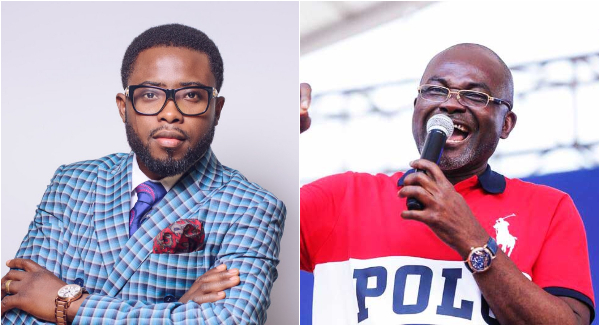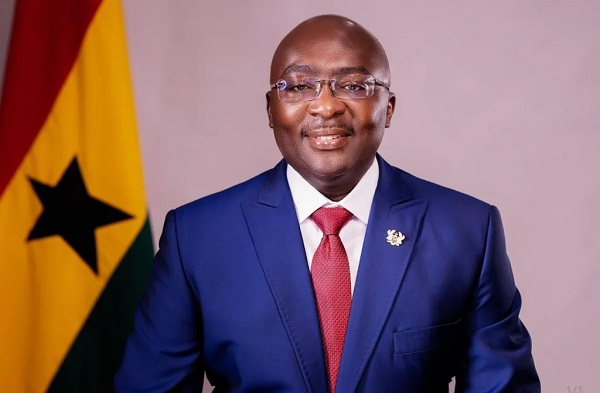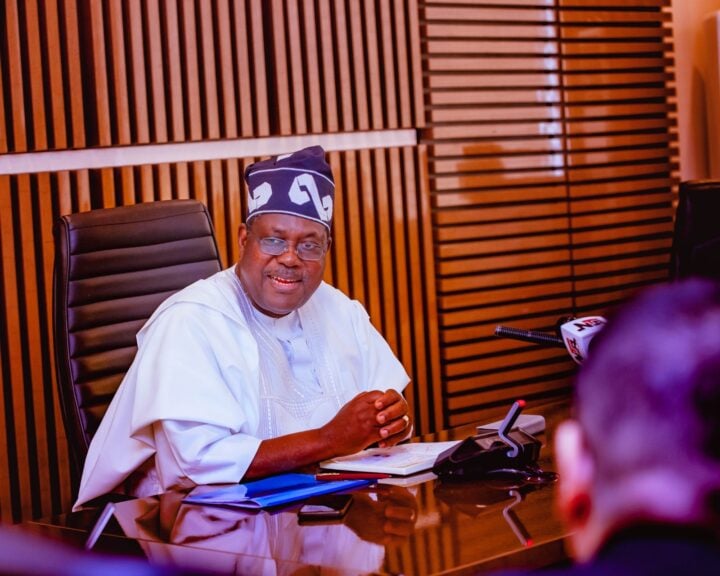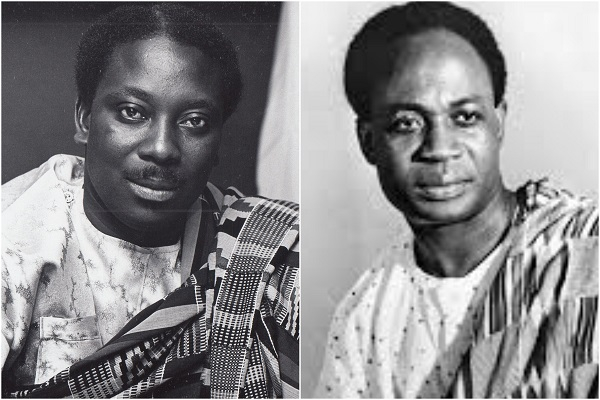9/11-related illness claims another first responder, Jamie Atkinson of Sayville
Sick and dying from 9/11-related cancer, Jamie Atkinson of Sayville said he had no regrets he'd volunteered as a 20-year-old at the Ground Zero wreckage, helping to recover victims' remains and searching for those unlikely to have survived.
"The families deserved to have that closure of finding their loved ones' remains," Atkinson said, according to former Suffolk County Legis. Bill Lindsay of Bohemia, Atkinson's longtime friend who on Saturday recalled the conversation. "I will never forget him saying that."
Atkinson, a retired detective with the Metropolitan Transportation Authority and a 9/11 responder advocate sickened for years with cancer, became yet another 9/11 first responder to die from an ailment due to exposure to airborne toxins in lower Manhattan. He was 43 when he died Friday.
Atkinson had volunteered at Ground Zero for more than a week, Newsday has reported.
His cause of death was complications from pseudomyxoma peritonei, a rare cancer that spreads in the abdominal cavity, according to his godmother, Kim Riley of Oak Beach. Atkinson died soon after collapsing in front of his home in Bay Shore while returning from a doctor's appointment.
Since Sept. 1, 2024, at least 287 first responders have died of 9/11-related conditions, said John Feal, of the nonprofit FealGood Foundation, which advocates for first responders. Atkinson was the 287th, and later this year his name will be added to a memorial wall of granite at the 9/11 Responders Remembered Memorial Park in Nesconset.
Atkinson continued to advocate while stricken with cancer, said Feal, who worked with him on 9/11 responder lobbying, including as part of a delegation to Washington, D.C.
"I thought of him as the Fred Astaire of 9/11 responders, and I don't say that lightly. Just a graceful, humble man," Feal said.
The work also brought Atkinson to advocate for the cause on social media and at fundraisers, Lindsay said.
"Even when he was as ill as he'd been for the past couple of years, he would end the conversation with asking, 'Is there anything you need or is there anything I can do for you?' And he meant it!" Lindsay said.
Jamie Ryan Atkinson was born Aug. 7, 1981, in Lindenhurst to Harold and Susan (Mazziotta) Atkinson, who were both police officers with the MTA's predecessor force, the Long Island Rail Road police.
Atkinson began volunteering, at age 16, with the Community Ambulance Company of Sayville, and would go on to become its youngest emergency medical chief and board member, according to a biography on the website of the Lt. Michael P. Murphy Navy SEAL Museum, where he was a board member.
An undated family handout photo of Jamie Atkinson at Ground Zero. Credit: Atkinson family
In 2003, Atkinson began work as an officer with the MTA police, according to an Instagram post Saturday by his labor union mourning his death. His retirement was due to the illness, Lindsay said.
As an MTA police officer and later detective, Atkinson investigated train crashes, deaths, fraud, public corruption, hate crimes and more, the biography said.
He was appointed in 2019 as Suffolk County deputy coordinator for emergency services and also was on the county's Child Fatality Review Team, which reviews cases involving youths.
Atkinson was divorced. He is survived by brothers Daren of Lindenhurst and Michael of Commack, and half brothers John of Chicago and Brian of Lindenhurst.
Visitation is from 3 p.m. to 8 p.m. Tuesday at the Raynor & D'Andrea funeral home in West Sayville, with a funeral Mass at 10 a.m. Wednesday at St. Lawrence the Martyr Catholic Church in Sayville. He's to be cremated at Mount Pleasant Cemetery in Center Moriches.
As of last year, there have been 7,000 deaths of those who have been sickened by Ground Zero toxins, according to Feal, who said about 4,000 were first responders, firefighters, police officers, construction workers, volunteers and others who helped search, disassemble or clear the rubble.
About 142,600 people have enrolled in the World Trade Center Health Program, of whom 91,200 were first responders, according to the Centers for Disease Control and Prevention, as of March 31. Atkinson was one of the enrollees, Riley said.
The rate of certain cancers among first responders to the attacks is as high as 30% greater than the general population, according to a report on the Icahn School of Medicine at Mount Sinai website.
Atkinson's cancer caused him to drop almost 90 pounds, and he often felt fatigued, he told Newsday in 2021, for an article about the 20th anniversary of the attacks. He had surgeries and dozens of blood transfusions. He said he'd never asked about his chances of long-term survival from the cancer, of which he was diagnosed in 2015.
"You know why I don’t ask?" Atkinson said. "Because I really don’t want to know. I’d rather live my life, and if something happens to me, something happens to me."

Matthew Chayes, a Newsday reporter since 2007, covers New York City.












